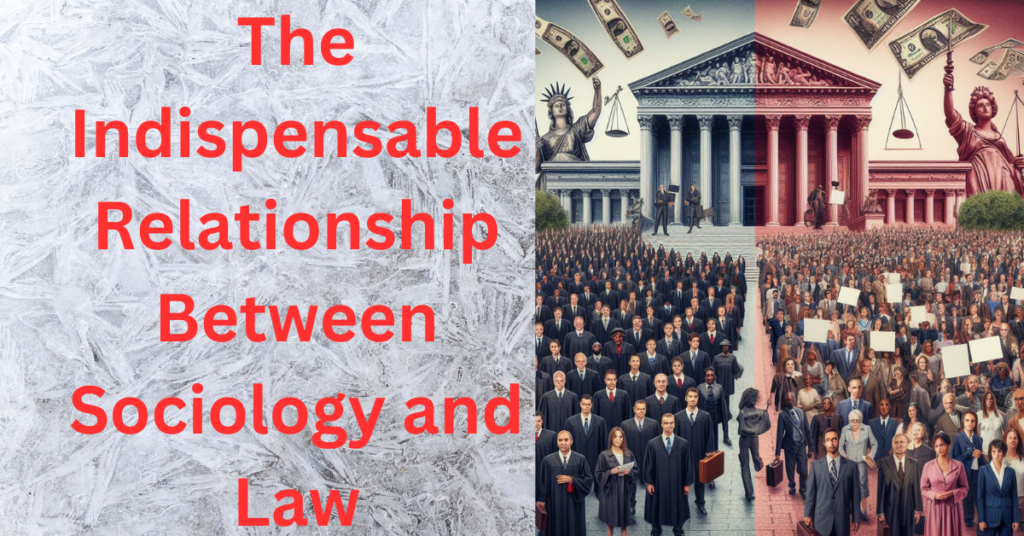Arvind
“A corporate body is not what it thinks it is, it is neither what others think it is, it is what it thinks, others think it is” – A modified version of Cooley’s looking glass Theory
The argument advanced by the cynicism rests on the principle that – “All actions are motivated by a selfish desire of the actor to be benefited or to simply be acknowledged for the same” and it is through this self-interest any person’s sense of self (including the sense of self of a Juristic Personhood of company) is actually created. Thus, An action aimed at creation of the self (often called selfish) which is nothing but a projection of what the actor perceives as others perceive of him, which also is precisely the rationale behind a company’ obsession with its “Goodwill” (which is nothing but a built-up property on what others perceive of it). Nevertheless, If one is to yield to this argument the very notion of philanthropy comes under impugnment. “Philanthropy” – in its authentic etymological sense translates as – “Love for human kind” and a “Philanthropist” – “as the person who loves humankind”. Ergo, if such is the case, when has the word itself come to be associated with – “Donations and generous monetary Offerings”. Does it imply that –“The love for human beings has only to be expressed by strict monetary offerings (including the acts of free assets constructions like hospitals, education centers etc.). It is at this juncture, The begging question precisely to be asked would be – Has the word “Philanthropy” become a monopoly of the rich , and emphatically, “Does the mere act of distributing their wealth or parting with it qualify them as – “Philanthropists”? (Especially when the word per se requires a mere love of human beings) and the most important question among them all – “Has the word LOVE come to equate itself with DONATIONS? or Has LOVE itself come to be Capitalized by the rich ?

Philanthropy & CSR – “Does it Capitalize on LOVE?”
History itself is the greatest witness testifying in favor of the above notion as many of the philanthropic acts were later found to be as engines to fuel the philanthropist’s own causes and the most apt illustration of the same would be the acclaimed Philanthropist – “John D. Rockefeller”- who was glorified for his – “Philanthropic efforts in the realm of American education system” . However, while prima facie his acts were nothing but philanthropic , one cannot ignore from viewing it as a – Strategically designed to promote his own interests and to control the minds of future generations as his investments in the same allowed him to exert control over the content being taught in these educational institutions , it is through this he ensured that – “Pro-capitalist” & “Pro-business” ideologies are taught in order to benefit his enterprises and maintain his status quo. To further, these motives – “ General Education Board” (GEB) was established in the year 1902, which funded to the educational institutions on the caveat that they abide by the curriculum and policies (Pro- capitalist) set by the G.E.B.
This funding also came with the imparting of a particular set of skills and values to the students who upon subsequent employment would be much more amenable to the demands of the Rockefeller’s Companies. (This was effected through funding the vocational and technical education rather than the critical thinking and world-knowledge subjects) and the same is further evidenced from the steps taken by him to counter the progressive movements like worker’s rights, social justice and wealth redistribution .
The truth of the above viewpoint though prima facie obvious to the American population was nevertheless, continued to be ignored as all that the American populace felt was only gratitude and love for John.D.Rockfellar which very love he sought to capitalize and indeed capitalized succesfully!!!!
Indian Position (Sec.135 of Companies Act, 2013) : Can Love Coerced actually result in love ?
India Prides itself as being the first country in the world to mandate “Compulsory CSR contributions” by virtue of Section- 135 of the Companies Act,2013 for the purported reasons of ( the stakeholder theory over shareholder theory, Triple bottom line, Global ESG’S and SDG goals). Despite of these purported motives, there is always a looming possibility of the Indian CSR contributions following in the footsteps of John D Rockfeller as the VIIth Schedule permits the contributions to – (ii) Promoting education incl. employment enhancing vocational skills;
(ix) (a)Contribution to incubators or research & development projects of central & state governments & PSU’s; (b) Contributions to Public funded Universities, IIT’S, ICAR,CSIR, DBT, Pharmaceuticals, and other research bodies.
The contributions made to these institutions under the (Coercive love policy in the nature of CSR) often induces the Corporates to see an opportunity to profit from or capitalize upon these very contributions (just as Rockfeller) The same fear or apprehension may be said to stand justified in light of the following facts-
- “In August, 2024, the government data revealed that the highest share of corporate social responsibility (CSR) spending in FY23 went to education, with Rs 10,085 crore allocated- which Received the largest portion, accounting for 1/3rd of the total CSR expenditure in FY23; (Why is it so high as compared to other 11 items of VIIth Schedule).
- Vocational Skills: Spending increased to Rs 1,164 crore in FY23 from Rs 1,033 crore in FY22.
- Private sector companies contributed 84% of the total CSR spending.
COERCION to perform CSR: The promoter of the hunger for publicity
As aforesaid , the section 135 mandates or coerces companies falling within the set-out criteria to perform CSR regardless of “Whether they are profit-making or loss making”. As a consequence of such coercion, The expectation to garner publicity which goes to build the self of the corporate body i.e.,( “GOODWILL” in the case of a corporate body) is sought out by imprinting the CSR in such a manner that it would make it a point to associate the CSR with the company. It is not just limited to ACTIVE PUBLICITY (which involves the outright and open bragging about the CSR) but also incudes the nefarious form of PASSIVE PUBLICITY (which is often termed as “STRATEGIC CSR”) which requires the contributions to be strategized in a way it brings back greater profit in the longer run or at least helps it maintaining the status quo (ex- requiring the educational institutions who are beneficiaries of it to design their curricula in way that it’s values and requirements are publicized to the students).
CONCLUSION
The solution lies in restoring its integrity to the term –“Philanthropy” by not associating the root word forming it (LOVE) with strictly monetary expressions and in ensuring that – “Publicity is not actively solicited but is in simpliciter a natural fruit or consequence of a genuine philanthropic CSR”.
The views and opinions expressed by the author in this article are his personal opinions and do not represent the views of PureSociology. You can contact the author/s at [email protected]. The details of the author:
Mr. Arvind is a Law student (BALLB) at Chandigarh University (CU), Punjab (India).


